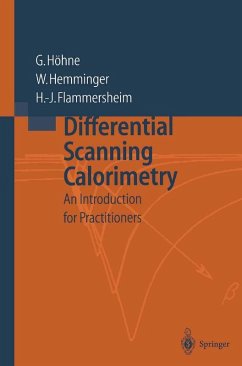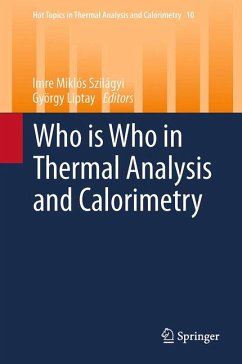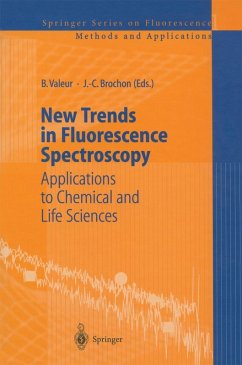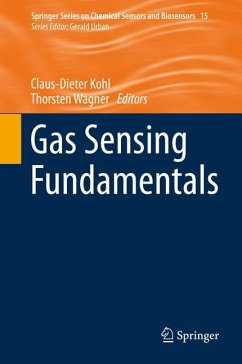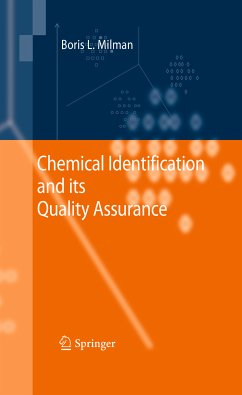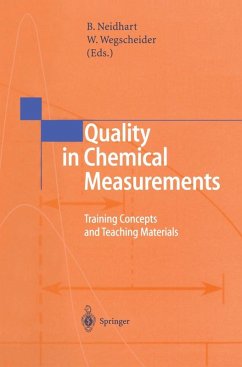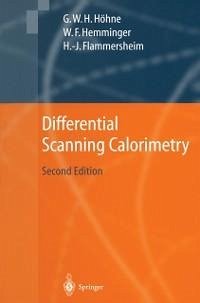
Differential Scanning Calorimetry (eBook, PDF)
Versandkostenfrei!
Sofort per Download lieferbar
272,95 €
inkl. MwSt.
Weitere Ausgaben:

PAYBACK Punkte
136 °P sammeln!
In this updated and fully revised second edition, the authors provide the newcomer and the experienced practitioner with a balanced and comprehensive insight into all important methods and aspects of Differential Scanning Calorimetry (DSC), including a sound presentation of the theoretical basis of DSC thermal analysis and temperature-modulated DSC (TMDCS). Emphasis is placed on modern evaluation techniques, instrumentation, the underlying measurement principles, metrologically correct calibrations, factors influencing the measurement process, and on the exact interpretation of the results. Th...
In this updated and fully revised second edition, the authors provide the newcomer and the experienced practitioner with a balanced and comprehensive insight into all important methods and aspects of Differential Scanning Calorimetry (DSC), including a sound presentation of the theoretical basis of DSC thermal analysis and temperature-modulated DSC (TMDCS). Emphasis is placed on modern evaluation techniques, instrumentation, the underlying measurement principles, metrologically correct calibrations, factors influencing the measurement process, and on the exact interpretation of the results. The information enables the research scientist, the analyst and experienced laboratory staff to choose the most suitable equipment, to apply DSC methods successfully, to interpret the measurement curve, and thus to measure key properties precisely. In addition, the new edition includes improved instrumental techniques such as Tzerotm and StepScantm, new evaluation techniques, more applications, and the latest references.
Dieser Download kann aus rechtlichen Gründen nur mit Rechnungsadresse in A, B, BG, CY, CZ, D, DK, EW, E, FIN, F, GR, HR, H, IRL, I, LT, L, LR, M, NL, PL, P, R, S, SLO, SK ausgeliefert werden.




